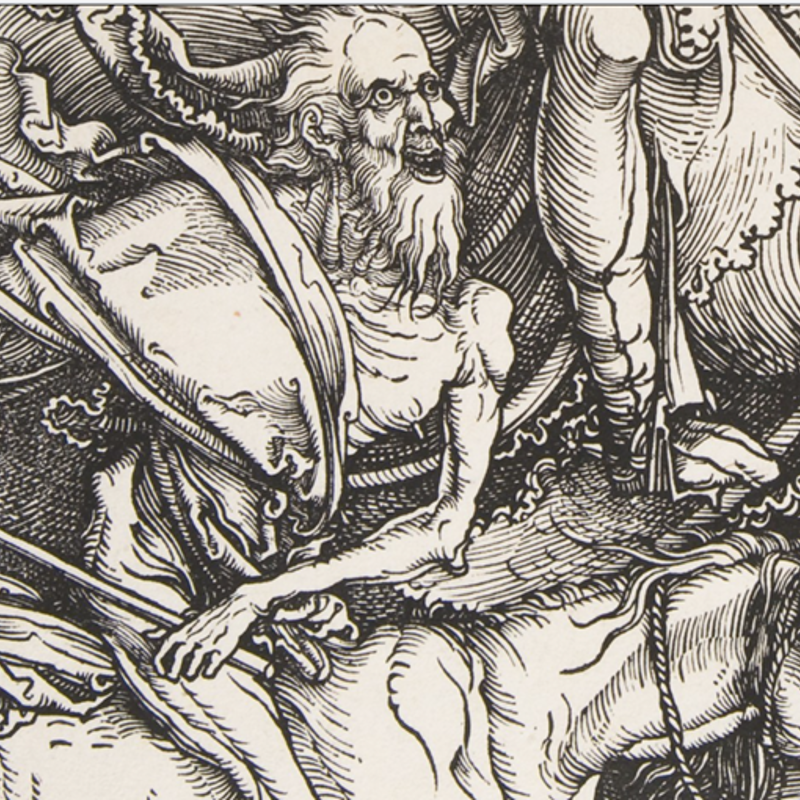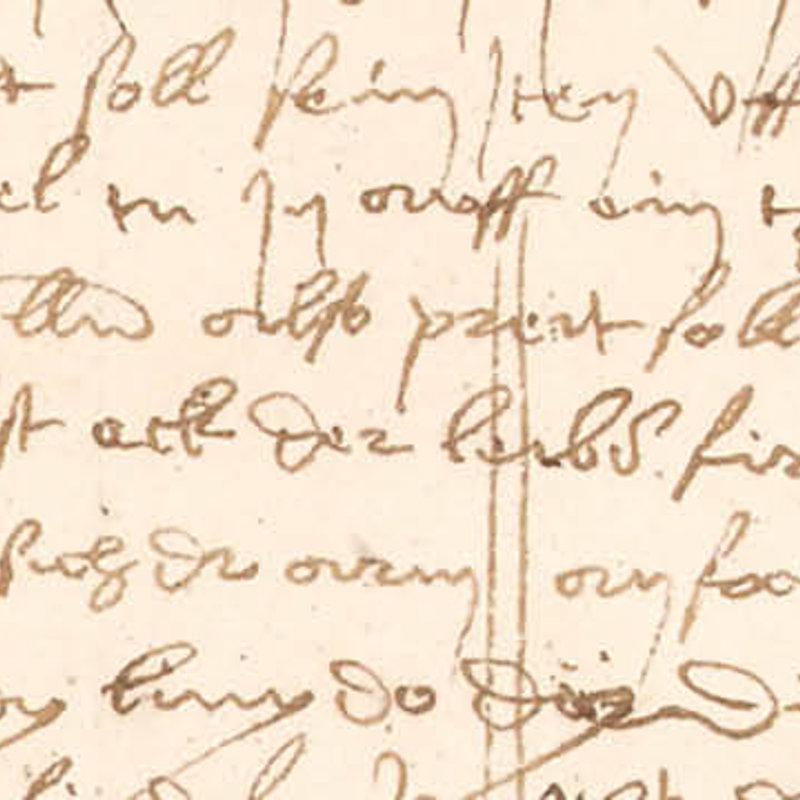Dürer came from Nuremberg in Germany; a city which, in the 15th and 16th centuries, was one of Europe’s most important. Part of the Holy Roman Empire, Nuremberg was a sophisticated, well-connected trading hub.
A thriving centre for manufacturing located on the River Pegnitz, Nuremburg was a city where Dürer could flourish in relative freedom.
Discover the city
Business and enterprise
Nuremberg was home to craftsmen, merchants, printmakers, wealthy people and intellectuals including Willibald Pirckheimer, a humanist and friend of Dürer’s to whom he confided ‘I have found a grey hair; it is the result of so much worry.’ [Letter to Pirckheimer, 23 September 1506].
In Dürer’s day, and crucially for someone as multitalented as Dürer, instead of a traditional guild system, with clearly defined boundaries between individual crafts, the city council regulated the work of craftspeople, encouraging high standards and attracting skilled migrants such as Dürer’s father, an Hungarian émigré.
A constant
Despite his travels to Italy and the Low Countries, Dürer based himself in Nuremberg throughout his career, returning to the city after trips abroad.
He returned to the city for the last time in 1521 where, after seven years of failing health, he died on 6 April 1528 aged 56.







